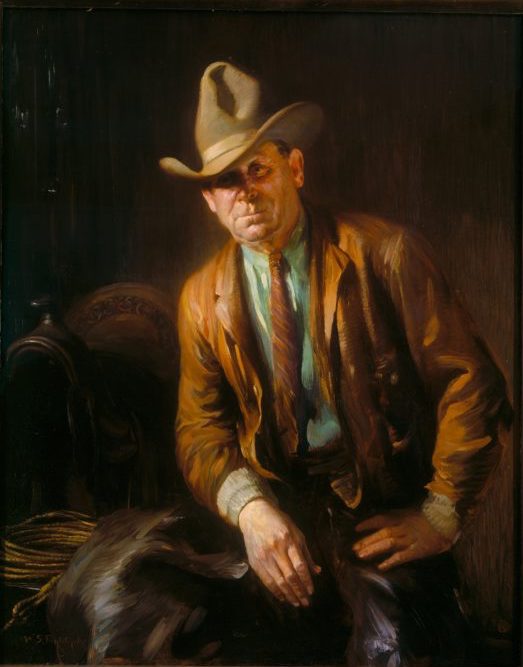Museum Exhibitions
The Museum’s mission is to create meaningful connections to Santa Barbara history. The signature installation, The Story of Santa Barbara traces our community’s story from the Chumash to the mid-20th century.
Accessible and diverse programming along with rotating exhibitions feature dynamic local traditions and historical events. Visitors also experience the Edward Borein Gallery, the Gledhill Research Library, and two historic adobes.
THE CHAIR
STORIED SEATS FROM OUR COLLECTION
While chairs are mainly made for sitting, they also tell of human taste, style, and creativity over time. In this exhibition, they serve to share stories of people and families in our community’s history. We invite you to explore this selection from the Museum’s extensive collection of furniture …truly storied seats.
Open through April 20, 2025
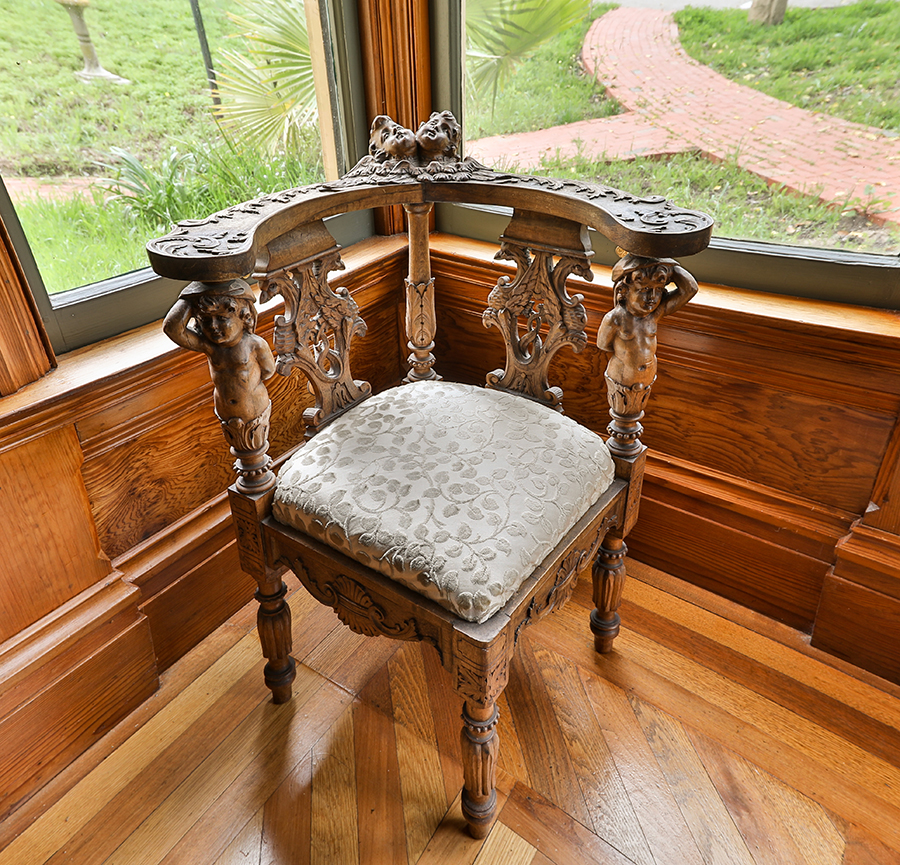
J. WALTER COLLINGE
Pictorial Santa Barbara and the Beyond
Celebrated for his Pictorial style, Santa Barbara’s sublime beauty was captured by prolific photographer J. Walter Collinge. The early images of our city express an artistry and appreciation of the coast, countryside, architecture, and cultural activities both before and after the 1925 earthquake.
Open through May 11, 2025
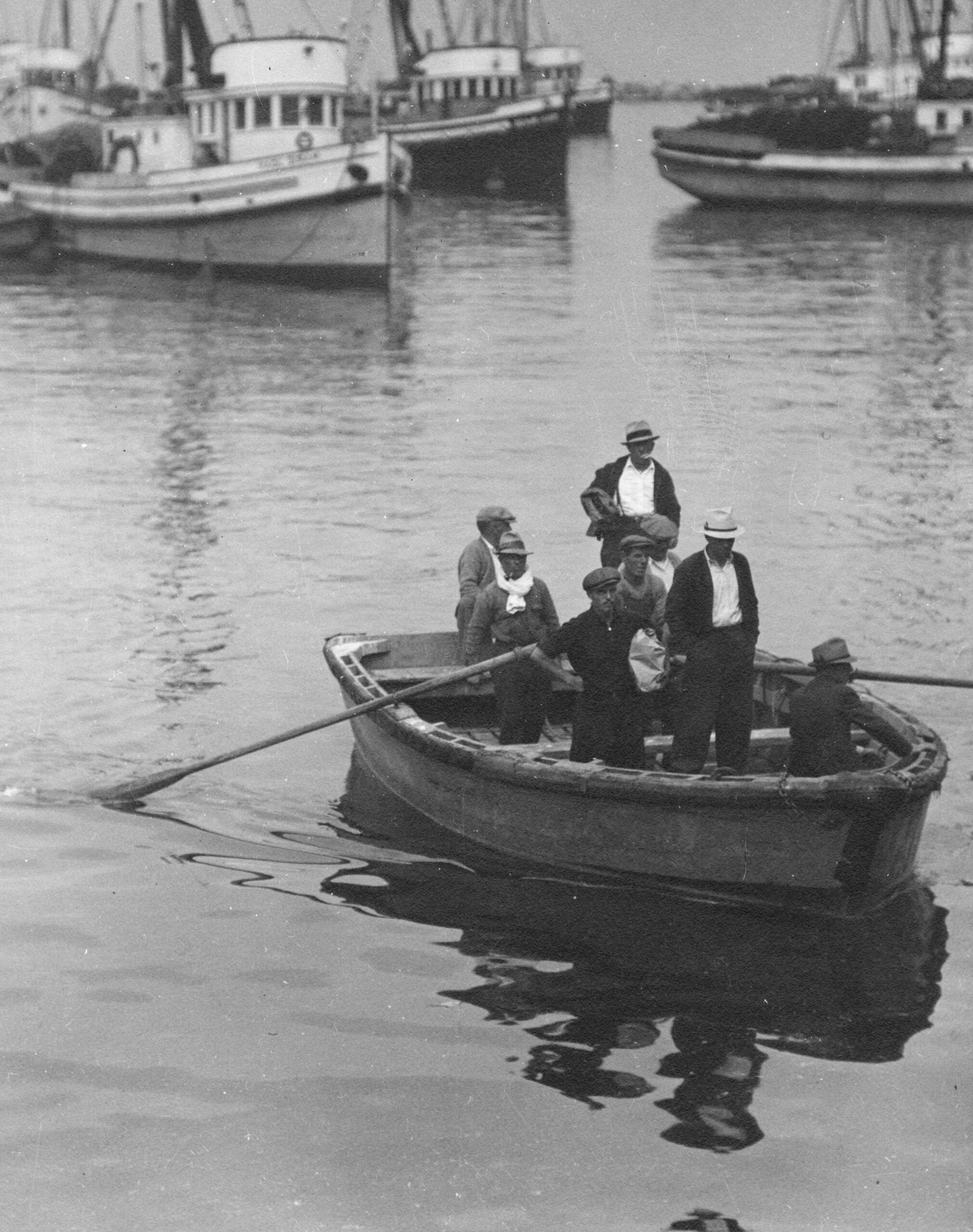
Partner Exhibition at the Museum of Natural History
Fashion Fatale: The Human Obsession with Feathers explores humanity's fascination with feathers as symbols of beauty, power, and status. Created by the Santa Barbara Museum of Natural History, and showcasing several pieces from the Historical Museum, this exhibition invites visitors to view how feathers have graced fashion—from ceremonial adornments to mass-market trends—and to consider the impacts of these choices on bird populations.
On view now at the Santa Barbara Museum of Natural History
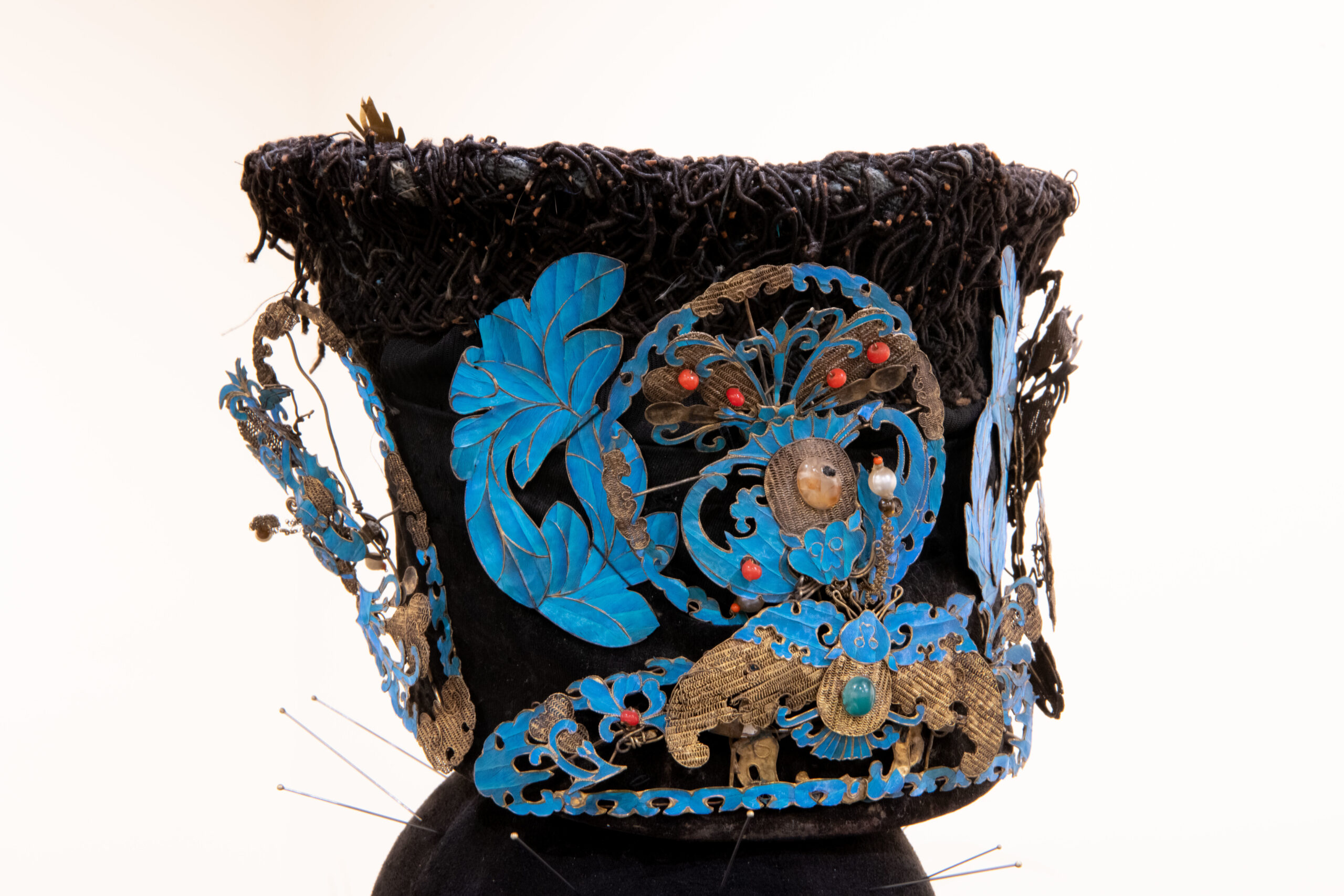
Upcoming Exhibition: DON LOUIS PERCEVAL
His Vision of the West
Don Louis Perceval (1908-1979) was born in Woodford, Essex, England and raised in Los Angeles, where he attended the Pasadena Military Academy and Chouinard Art Institute.
As a young man he became fascinated with the Hopi and Navajo people and began documenting their life through his sketches. After studying at the Royal Academy and service to the Royal Navy, he was drawn back to the west and commissioned to create advertisements for the Rio Grande Oil Company. After a life dedicated to his work he spent his final years in Santa Barbara.
This exhibition is being created by Marlene R. Miller.
On view May 1 - August 17, 2025
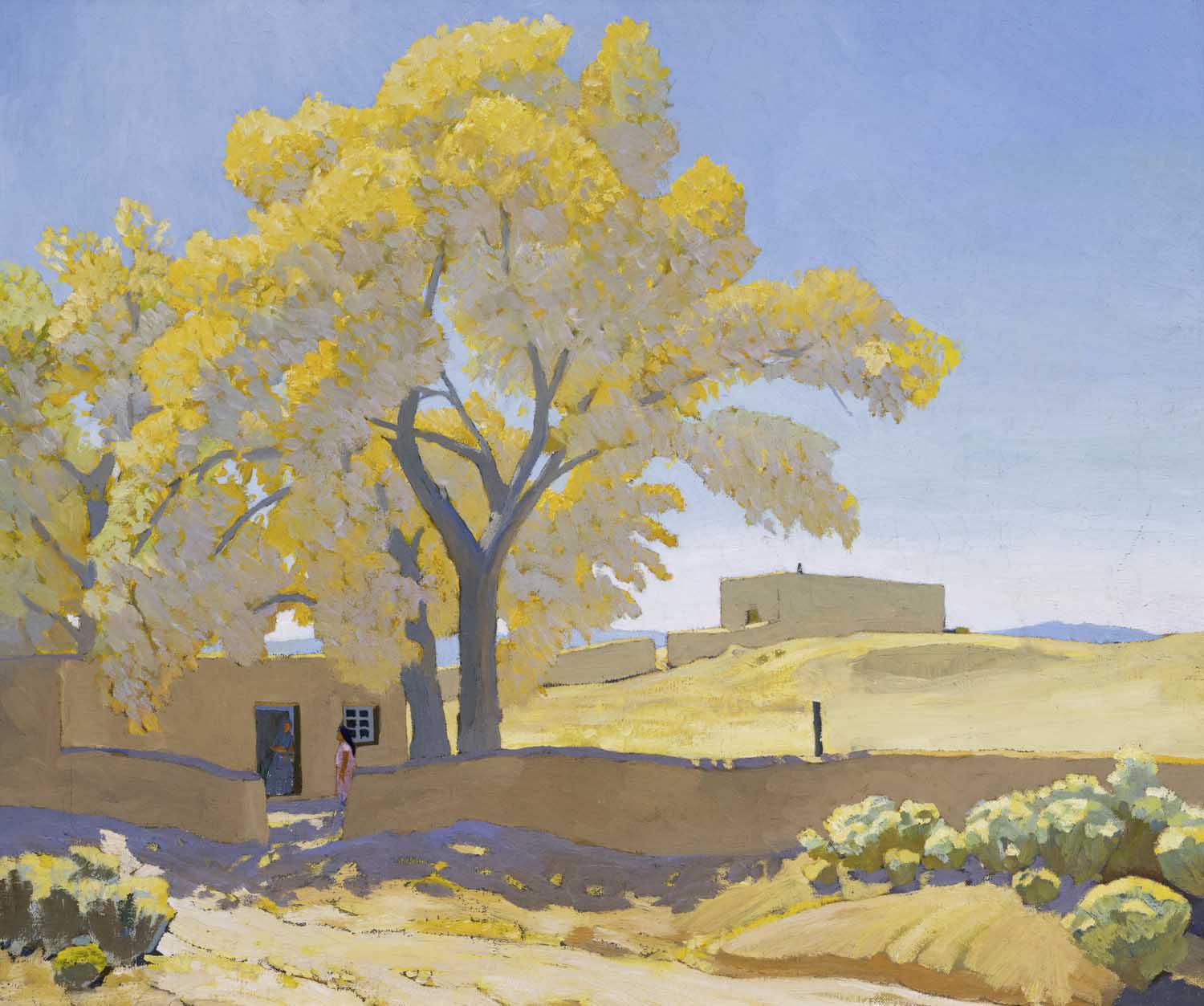
The Story of Santa Barbara
The Museum’s mission is to create meaningful connections to Santa Barbara history. The signature installation traces our community’s story from the Chumash to the mid-20th century. The exhibition features highlights of our extensive collection including clothing, furniture, fine art, photographs, decorative arts, and more.
An audio guide is available to accompany your self-guided visit.
Permanent Installation
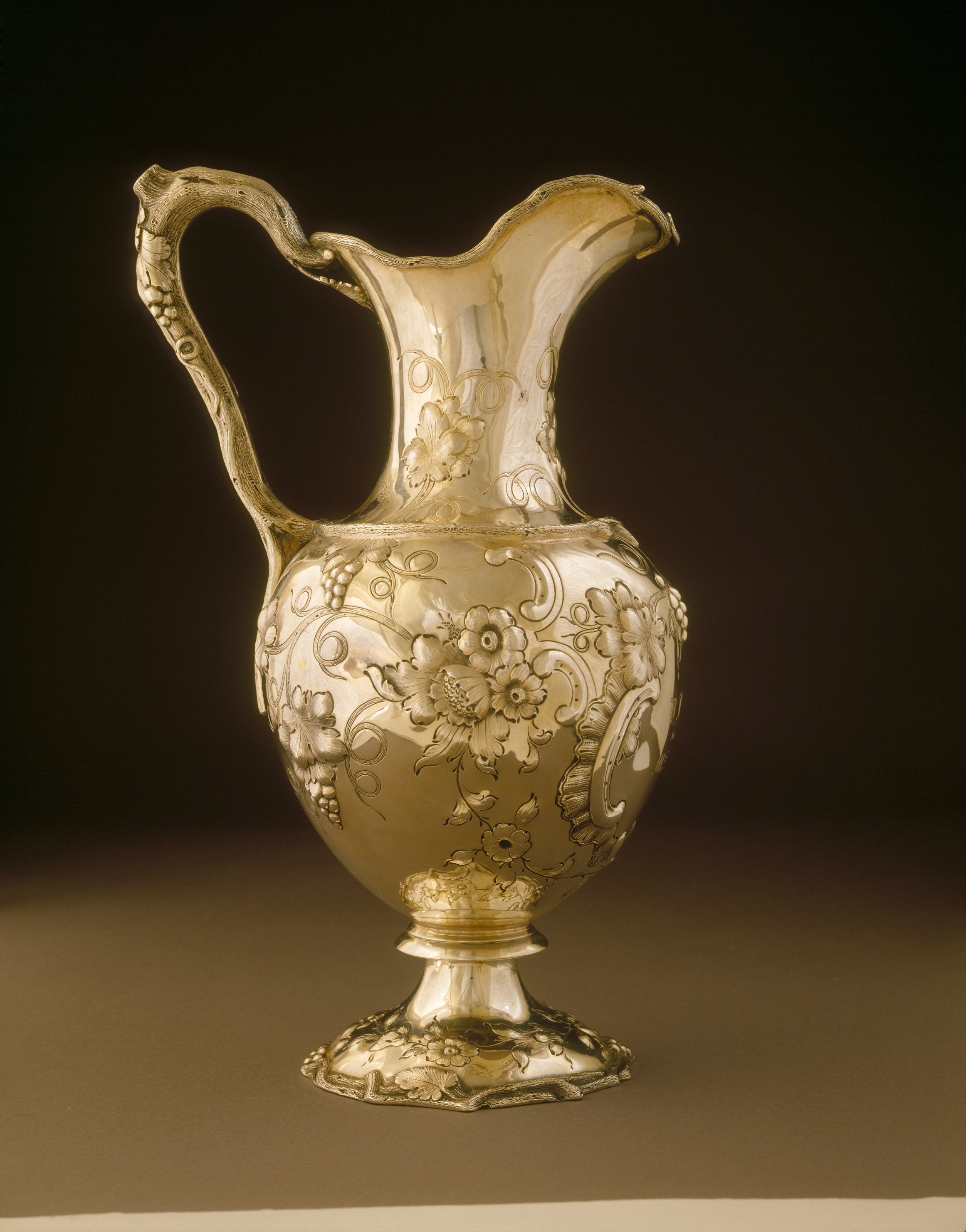
Edward Borein Gallery
Western artist Edward Borein (1872-1945) roamed the western states and territories and much of Mexico, working as a cowboy and using his artistic talent to record these experiences.
In his early thirties Borein decided to pursue a career as a professional artist and moved to New York City, where his studio soon became a favorite haunt for important figures such as Will Rogers, Charles M. Russell, Carl Oscar Borg and Buffalo Bill Cody. In the early 1920s he returned to his native California and set up a permanent studio in Santa Barbara. His etchings, watercolors, and drawings quickly earned him a reputation as one of the foremost interpreters of the American West.
The Museum holds the largest and most significant collections of his work, thanks to the dedication and research of curator Marlene Miller.
Permanent Installation
